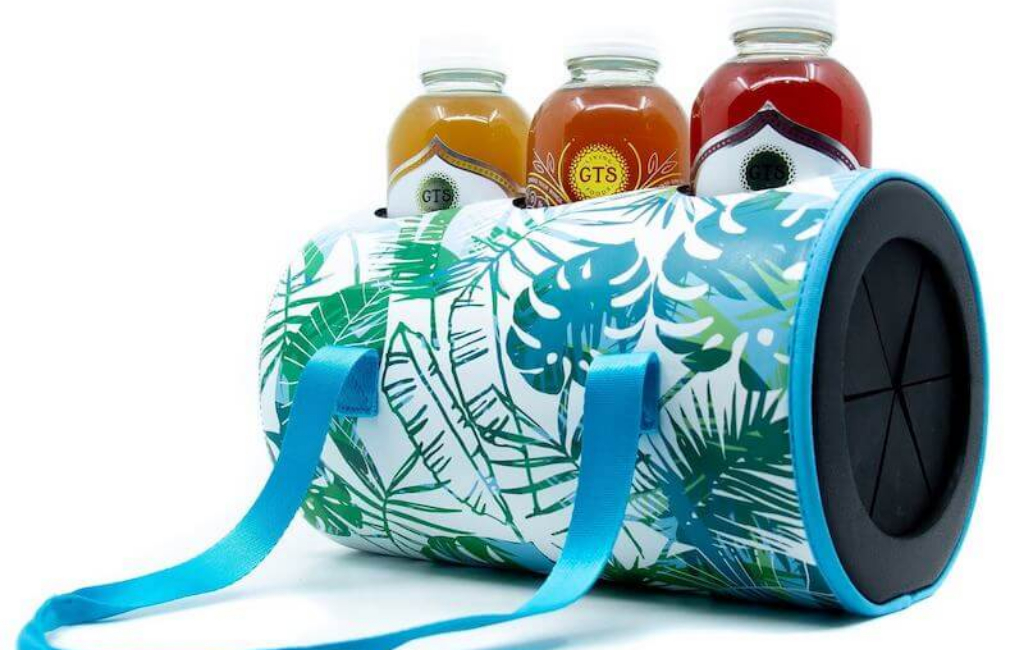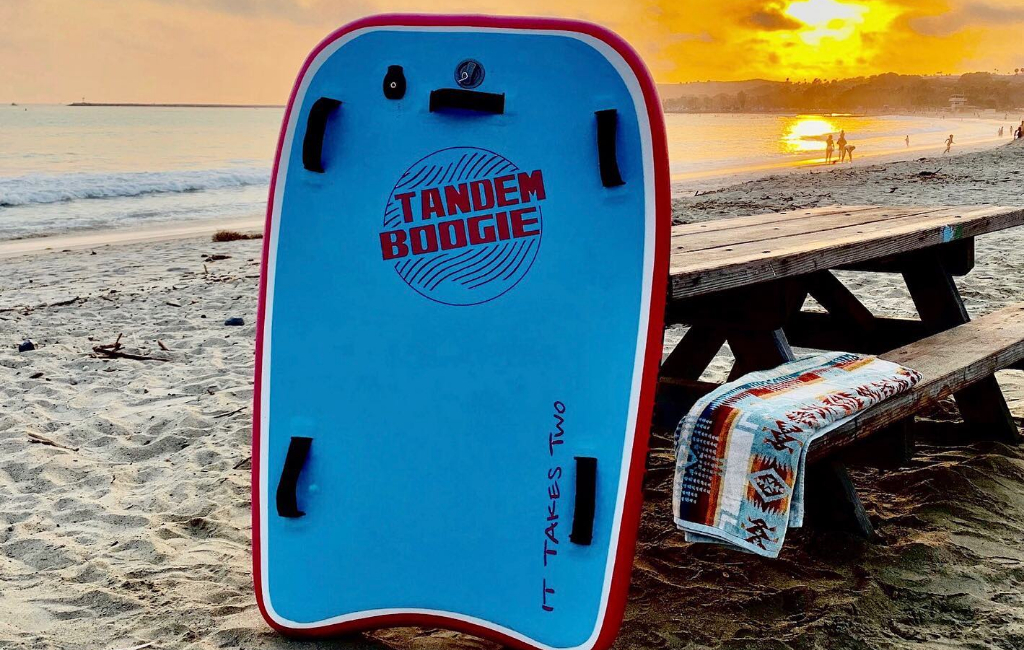Misfit Foods Meats – Now Phil`s World


DEAL
EPISODE SUMMARY
🕓 Air Date: March 12, 2021
Asking For:
$250,000 for 5%
Investor:
Mark Cuban, Daniel Lubetzky (50/50)
Deal:
$300,000 for 15%
PRODUCT SUMMARY
Misfit Foods offers sausages that are half chicken and half veggies and spices, providing a healthier alternative for meat lovers.
WATCH HERE
IN A RUSH?
Click these to jump to the section you want to read.
Background Story
Phil Wong, the visionary founder of Misfit Foods, is a native of vibrant Brooklyn, New York. His journey to create Misfit Foods stems from a profound aspiration to bridge the divide between dedicated meat enthusiasts and those seeking to make mindful choices in their diet. Phil’s rich background is deeply rooted in his family’s immigrant heritage, with his mother hailing from Indonesia and his father from Macao. It was within this cultural tapestry that food assumed a pivotal role, serving as the conduit connecting Phil to his familial roots.
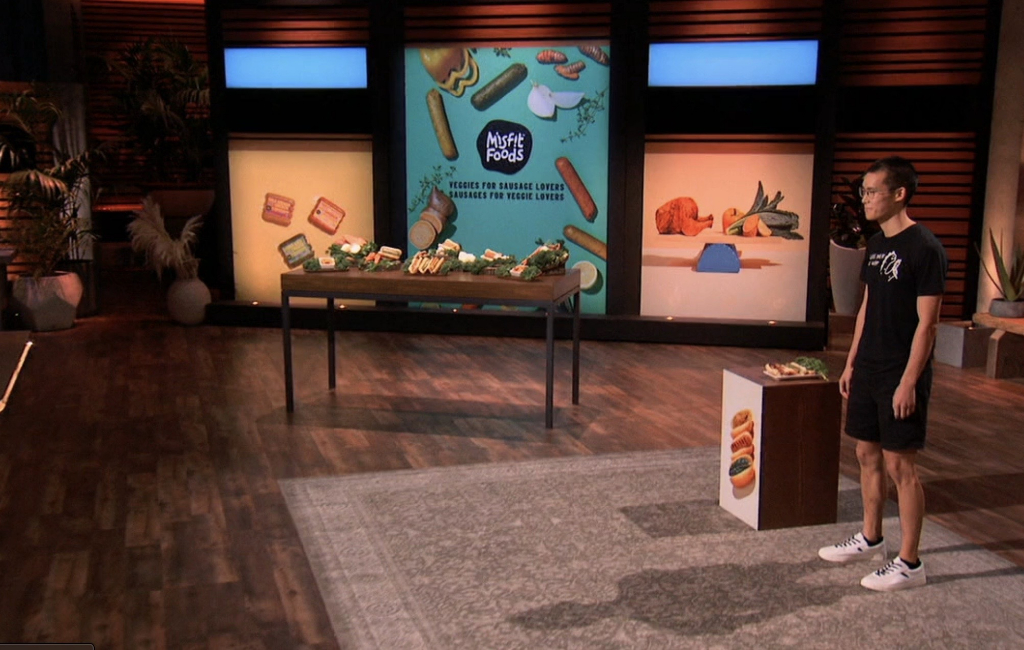
The seeds of Misfit Foods were sown during Phil’s formative years at Georgetown University. It was here that his consciousness was awakened to the profound environmental implications of dietary decisions. The burgeoning awareness of the ecological footprint left by traditional food consumption patterns served as the catalyst for a groundbreaking idea: to harness the power of delectable cuisine as a force for sustainability and environmental stewardship.
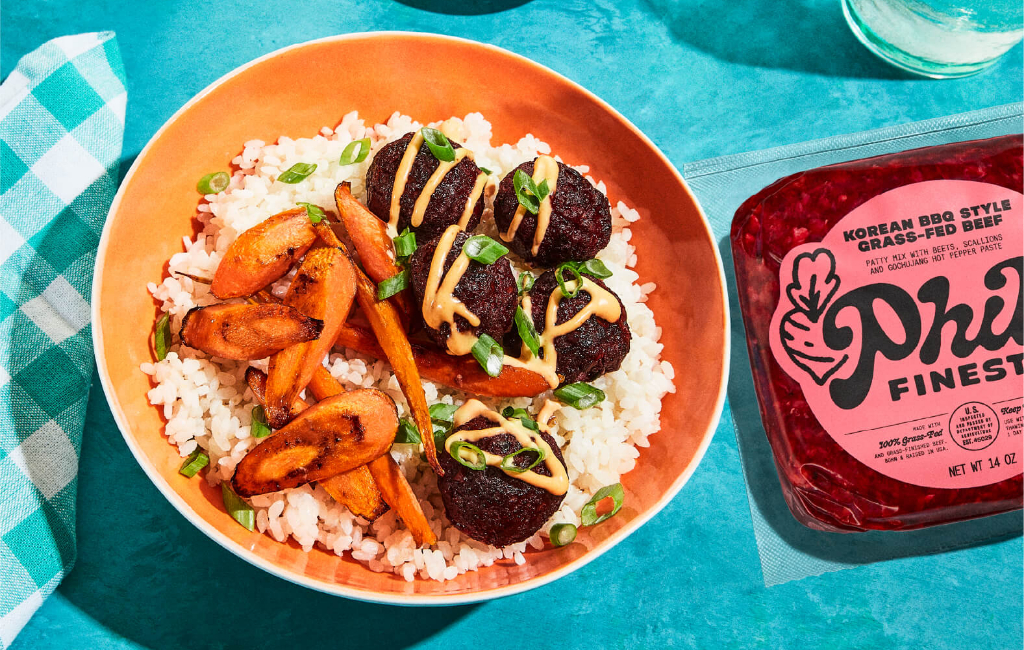
Driven by his commitment to effecting positive change, Phil embarked on a culinary journey that culminated in the creation of Misfit Foods. This innovative venture not only satisfies the palates of consumers but also champions the cause of sustainability, offering a delectable compromise between meat-centric preferences and a conscientious commitment to reducing meat consumption. Through Misfit Foods, Phil seeks to demonstrate that change can indeed taste good, one savory link at a time, while simultaneously advocating for a more sustainable and compassionate approach to food consumption.
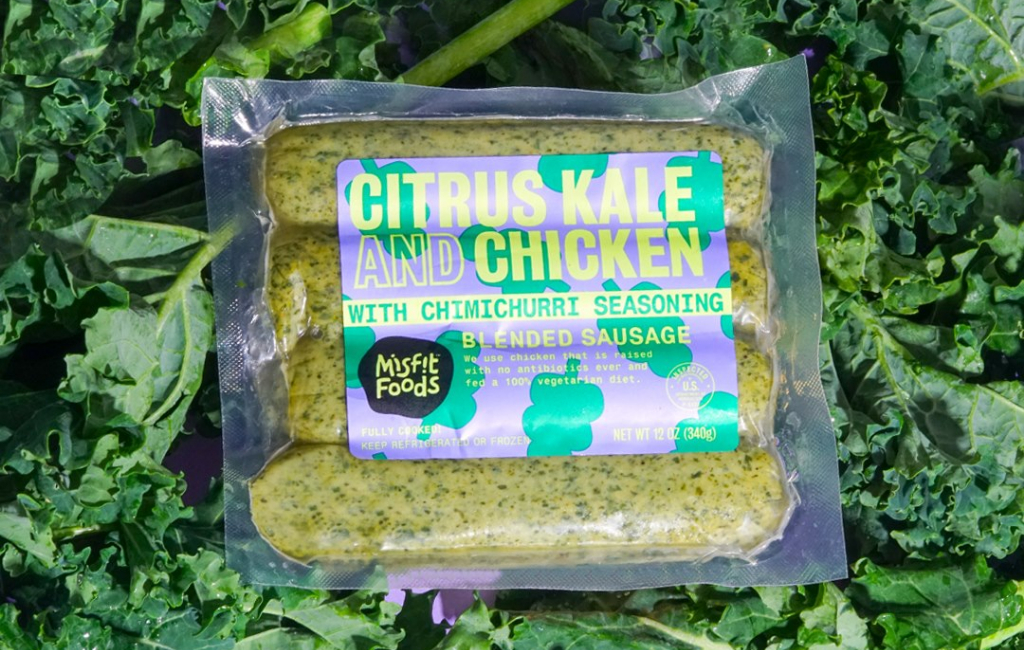
The Product
Misfit Foods has carved a niche in the market with its distinctive sausages, skillfully blending the rich flavors of chicken, a medley of vegetables, and a harmonious symphony of spices. These sausages not only tantalize taste buds but also champion a healthier alternative when compared to conventional all-meat counterparts.
The menu boasts an enticing array of choices, including Sweet Potato Andouille mac and cheese, Kale Chimichurri tacos, and the timeless classic, squash Italian on a bun, catering to a wide spectrum of culinary preferences.
What sets Misfit Foods apart is its commitment to serving a diverse clientele. The sausages are masterfully crafted to satiate the cravings of meat connoisseurs while concurrently accommodating the dietary choices of those seeking to reduce their meat intake.
This inclusivity reflects the brand’s mission to make sustainable eating accessible and appealing to all. Misfit Foods’ availability spans across multiple channels, from traditional brick-and-mortar outlets like Whole Foods to the convenience of online retail platforms.
The healthy gross margins of approximately 29% signify both consumer appeal and the product’s economic viability in the marketplace, making Misfit Foods a compelling choice for health-conscious and environmentally-minded consumers alike.
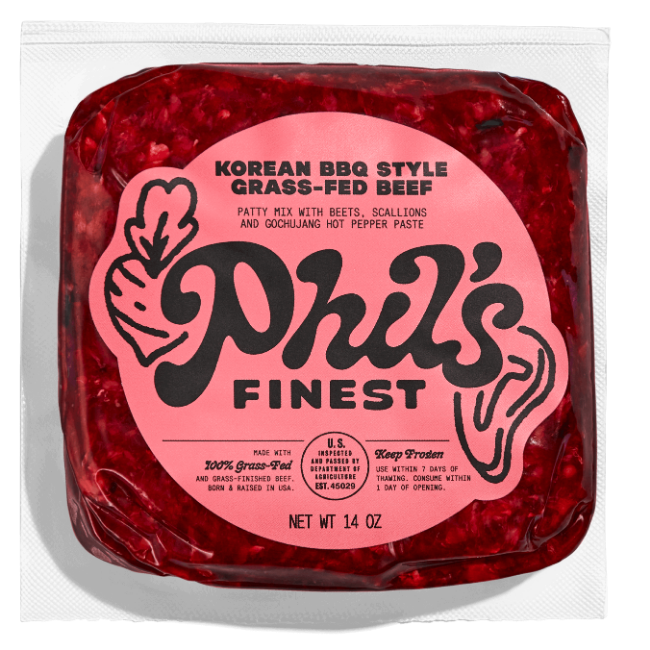
How It Went
The company’s position before Shark Tank
At the time of their compelling pitch on “Shark Tank,” Misfit Foods had achieved noteworthy traction in the market, with sales nearing the impressive figure of $800,000. Their growth trajectory indicated a promising outlook, with projections aiming to soar to an annual sales figure of $1.2 million. These achievements underscored the strong demand for their innovative sausages. Their distribution strategy was strategically diversified, encompassing both brick-and-mortar retail and robust online sales.

Notably, their partnership with Whole Foods represented a significant milestone, constituting 20% of their sales, while online channels contributed a substantial 80%. This multifaceted approach showcased their adaptability and accessibility to a broad consumer base. In terms of financial backing, Misfit Foods had successfully secured $2 million in funding, reinforcing investor confidence in their mission and potential. With a valuation of $4 million, they exhibited a commendable balance between growth and valuation.
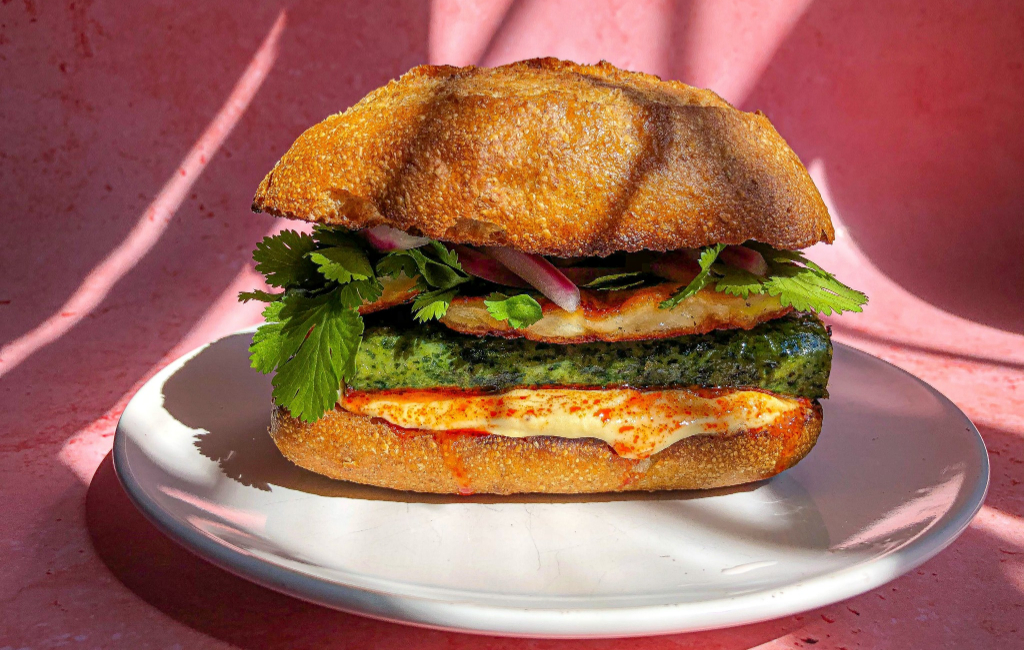
A notable aspect of their strategy was their prudent allocation of resources. Despite their remarkable growth, Misfit Foods adhered to a conservative marketing budget, investing less than 5% of their revenue in promotional efforts. This approach had borne fruit, culminating in reaching the pivotal milestone of breakeven in May of that year. The company’s strong gross margins further underscored the resonance of their product with consumers, highlighting both market appeal and profitability, setting the stage for a promising future in the culinary landscape.
The Negotiations:
During the “Shark Tank” pitch, Phil Wong found himself in a fortunate position as three Sharks expressed interest in Misfit Foods. Lori Greiner was particularly impressed by the sausages’ lower sodium and cholesterol content and extended an offer of $250,000 for a 15% stake. Mark Cuban and Daniel Lubetzky also saw the potential in the product and matched Lori’s offer with their own $250,000 offer for 15%.
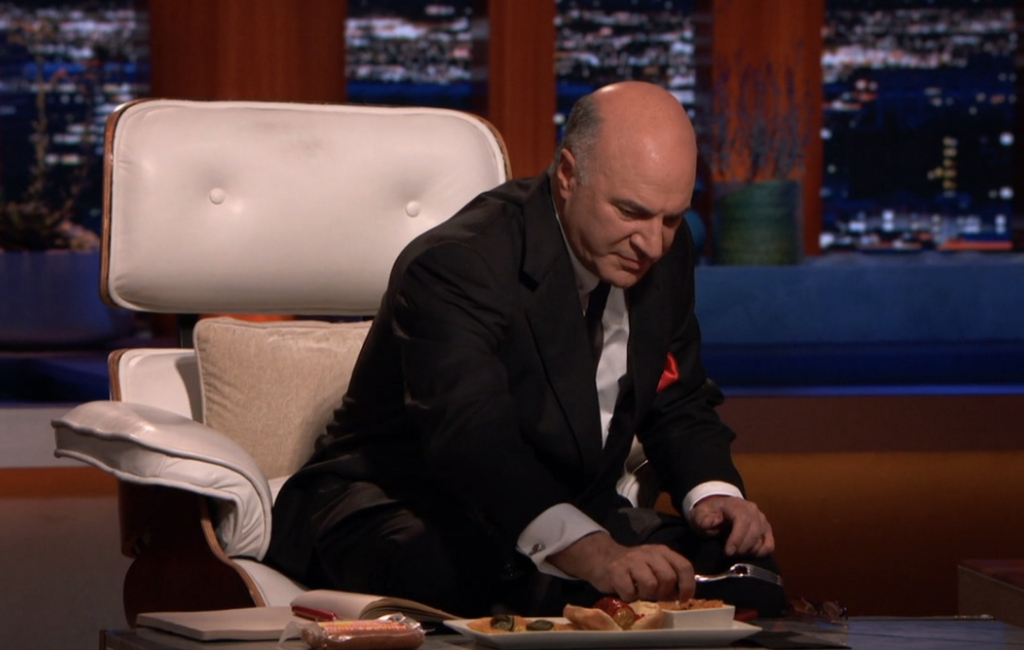
Recognizing the immense value of having two seasoned investors onboard, Phil astutely engaged in negotiation with Mark and Daniel. He proposed a slightly higher investment of $300,000 but maintained the 15% equity stake. This negotiation showcased Phil’s strategic thinking and his belief in the synergies that could arise from partnering with both Sharks.

Ultimately, a deal was struck between Phil, Mark Cuban, and Daniel Lubetzky, resulting in a unique partnership that combined the expertise and resources of two prominent Sharks. This partnership was a game-changing moment for Misfit Foods, as it secured the crucial investment needed to accelerate their growth and expand their presence in the market. The company could now embark on its mission to provide healthier, sustainable sausages to a broader consumer base.






